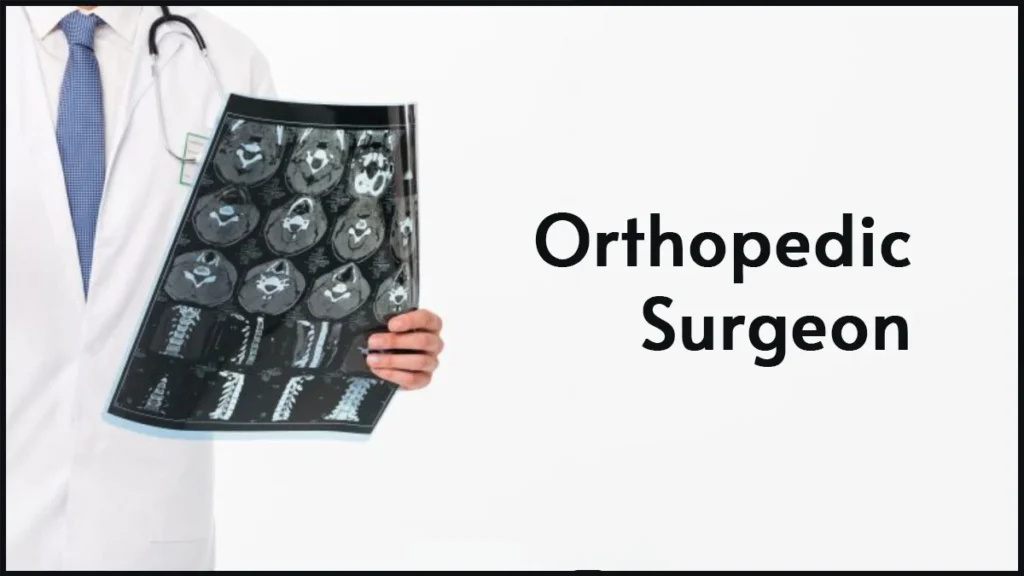
Orthopedic Surgeons: Everything You Need to Know
Orthopedic surgeons, or orthopedic doctors, are medical professionals specializing in the musculoskeletal system, which includes joints, bones, tendons, ligaments, and muscles. Their proficiency lies in preventing, diagnosing, and treating conditions that affect these components of the body.
This involves procedures such as fracture repairs, joint replacements, and ligament reconstructions. However, they also engage in non-surgical methods like physical therapy, medication, and lifestyle recommendations to prevent and treat various conditions.
Orthopedic surgeons don’t just treat adults; they also understand the unique needs of children with orthopedic concerns. Paediatric orthopedic doctor focus on addressing issues that impact the developing bones and joints in children, guaranteeing that they can engage in activities like running, playing, and growing unhindered.
Table of Contents
ToggleWhen should you see an orthopedic surgeon?
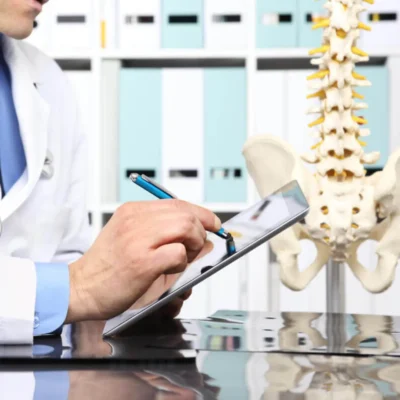
Consider consulting an orthopedic surgeon if you experience any of the following symptoms:
- Chronic pain in your joints, bones, or muscles that doesn’t improve with rest or over-the-counter medications requires professional advice.
- Difficulty moving a joint or limb normally.
- Sports injury or a fall that has affected your musculoskeletal system.
- Inflammation, swelling, or joint pain.
- Noticeable changes in the shape or alignment of your joints.
- Grinding, popping, or snapping when you move your joint.
What do orthopedic surgeons do?
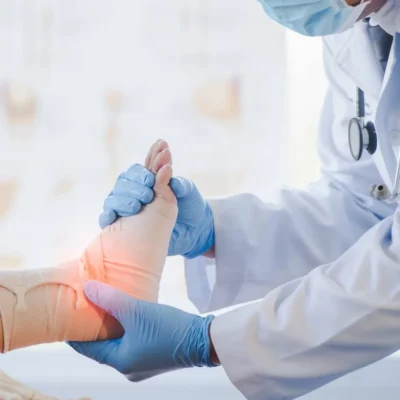
Orthopedic surgeons or orthopedic doctors specialize in addressing musculoskeletal concerns, undertaking responsibilities such as:
- Identifying and treating issues impacting your musculoskeletal system.
- Supporting the rehabilitation process, aiding in the recovery of movement, strength, range of motion, and flexibility post-injury or surgical procedures.
- Developing proactive approaches to prevent injuries or mitigate the progression of chronic conditions, such as arthritis.
Orthopedic surgeons identify and treat a wide spectrum of conditions, including
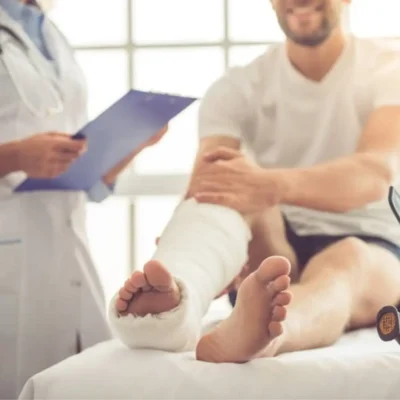
- Bone fractures. –
- Neck and lower back pain.
- Arthritis, specifically osteoarthritis.
- Sports injuries.
- Benign soft tissue tumors.
- Bone cancer.
- Bursitis.
- Congenital (present at birth) defects.
- Sprains and strains.
- Scoliosis.
- Tendinitis.
Orthopedic surgeons often specialize in specific areas, including
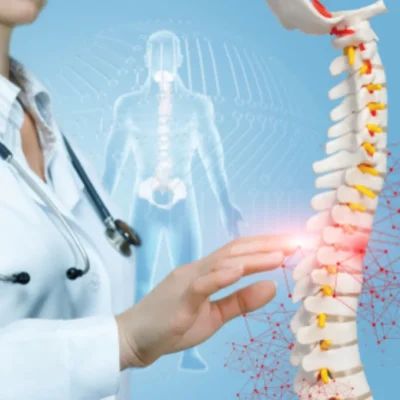
- Hand and wrist.
- Foot and ankle.
- Bone tumors.
- Sports medicine.
- Orthopedic trauma.
- Hip replacement and reconstruction.
- Knee replacement and reconstruction.
- Paediatric orthopedic surgery.
- Spine.
- Shoulder and elbow.
Conclusion
Orthopedic surgeons play a crucial role in keeping our bodies in motion. They treat a broad range of musculoskeletal issues in people of all ages. If you are experiencing pain, limited mobility, or any musculoskeletal concerns, turn to Hale Clinics to access the Best Orthopedic surgeon in Mohali. Seeing an orthopedic doctor doesn’t always mean you will end up having surgery. They help many people feel better with nonsurgical therapies, like injections and physical therapy.
FAQs
Q1 Who are the Orthopedic Surgeon ?
Ans : An orthopedic doctor is a medical professional specialized in the diagnosis, treatment, and surgical intervention for musculoskeletal conditions, including bones, joints, ligaments, tendons, and muscles.
Q2 What is the difference between a surgeon and an orthopedic surgeon?
Ans : If you have a broken bone, consult Orthopedic doctor and for appendicitis, a general surgeon is the preferred choice
Q3 What do orthopedic surgeon treat ?
Ans : Orthopedist Treat injuries realted to the musculoskeletal system , including bones , joints and muscles .
Q4 Do orthopedic surgeons only treat adults?
Ans : No, orthopedic doctor treat patients of all ages, addressing musculoskeletal issues in both children and adults.
Q5 What should I expect during my first visit to an orthopedic surgeon?
Ans : During your first visit to an orthopedic doctor , expect explaining your medical history , focused physical examination and potentially diagnostic tests to assess and diagnose your musculoskeletal condition.
